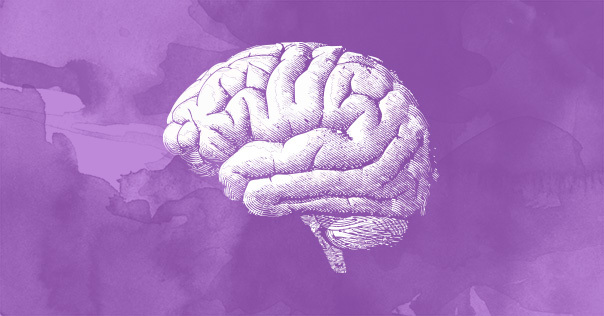
Have you ever thought about how to control your emotions during a stressful situation? Or considered a co-worker’s possible response before you deliver bad news? If so, that’s a sign of your emotional intelligence.
Testing Your Emotional Intelligence
Thankfully, emotional intelligence isn’t a skill we are born with, but something we can learn and improve during our lives.
Being emotionally intelligent is a great tool for being a manager in business. It it is a balancing act to grow your company while also keeping your employees happy. Understanding your emotional intelligence can help improve growth within your business and lead to a better workplace environment.
Take our emotional intelligence test to determine your EI:
1. Can I recognize my emotions as I experience them?
2. Do I enjoy heated debates and can I negotiate without creating conflict?
3. Can I handle constructive feedback?
4. Do I have trouble clearly communicating my feelings?
5. Do I have positive relationships with my colleagues?
6. When feeling upset, can I remain motivated?
7. Can I understand another person's point-of-view without adopting it myself?


Share your Results:
Defining Emotional Intelligence
Emotional intelligence is defined as “the ability to identify and manage your own emotions and the emotions of others.” While it had been studied back in the 1960s, emotional intelligence achieved more popularity after psychologist and science journalist Daniel Goleman’s landmark 1995 book on the subject, detailing how psychologists and scientists need to look deeper than standard IQ to determine whether someone can live a successful life.
Goleman, who relied on the research of University of New Hampshire professor John D. Mayer and Yale University professor Peter Salovey, introduced one model of emotional intelligence, which includes five constructs:
- Self-awareness
- Self-regulation
- Social skill
- Empathy
- Motivation
Advance Your Leadership Skills!
Grow as a leader and advance your business career with an online MBA.
Explore DegreeIn 2017, Goleman followed up on his work by organizing emotional intelligence in four domains – self-awareness, self-management, social awareness and relationship management.
Within those domains are 12 emotional intelligence competencies, which are capabilities that can be learned and allow for a leader to perform at his or her highest ability. They include:
- Emotional self-awareness
- Emotional self-control
- Adaptability
- Achievement orientation
- Positive outlook
- Empathy
- Organizational awareness
- Influence
- Coach and mentor
- Conflict management
- Teamwork
- Inspirational leadership
Having high emotional intelligence in these competencies is important in the business world. As a manager in the business industry, you need to be motivated and willing to do hard work but also show self-awareness and empathy toward coworkers so that conflict can be resolved and difficult discussions can take place.
Become a Better Leader
Improving your emotional intelligence is an easy way to measure leadership growth as you advance your career in the business industry. You can learn more about how to improve your emotional intelligence through Campbellsville University’s fully online MBA program. You’ll become proficient in advanced business strategies and techniques, including marketing, human resources, finances and more. Our flexible online format allows you to balance your education with your already busy life, and you’ll gain valuable knowledge from our faculty, who have real-world experience. Get started today!
